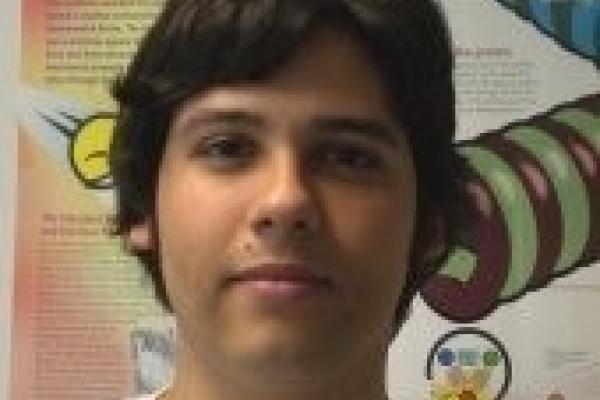
Since the seminal works by Hilbert, Chapman, and Enskog in the last century, fluid dynamics has been understood as an effective theory for interacting systems constructed order by order in powers of gradients of hydrodynamic fields such as the temperature and flow velocity. In this talk I will present recent calculations, performed either in relativistic kinetic theory or at strong coupling within the gauge/gravity duality, in which one can prove that the gradient expansion has zero radius of convergence. I will discuss how these findings challenge our current understanding of the emergence of hydrodynamic behavior in rapidly expanding systems, such as the quark-gluon plasma formed in heavy ion collisions, and also motivate the search for a new way to derive relativistic hydrodynamics that goes beyond the gradient expansion.
